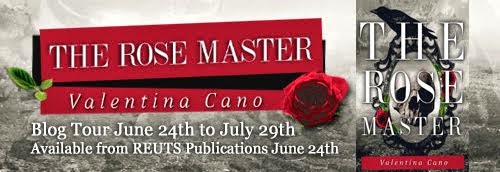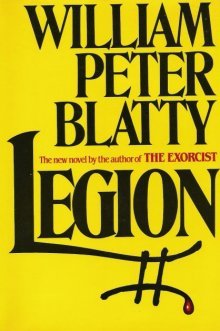 I am so happy to be part of the Dare to Dream release day! Below you can find all the information about the book and the author. You can even see the exclusive book trailer.
I am so happy to be part of the Dare to Dream release day! Below you can find all the information about the book and the author. You can even see the exclusive book trailer.
The world was going to end. Of that, Maggie Trafford
was certain.
Fourteen-year-old Maggie Trafford leads a normal
life. Well, as normal as being crammed in a three-bedroom house with four
siblings and a single parent can be, anyway. But despite being somewhat ignored
at home, Maggie excels, earning top grades, a best friend who would do anything
for her, and stolen looks from a boy in Maths.
It’s not until the dreams start that Maggie realizes
“normal” is the least of her problems. Every night, she lives the same
nightmare—red lightning, shattered glass, destruction. But nightmares are just
that, right? No one believes her when she says it’s an omen. At least, not
until the already mysterious pillars of Stonehenge start falling.
No longer alone in her fear, Maggie and the world
watch with bated breath as one after another, the historic stones tumble, like
a clock counting down. But only Maggie knows what it means: when the last stone
falls, destruction will reign. And when the world ends, there’s only one option
left—survive.
Horrifying and raw, Dare to Dream is equal parts
tragedy and hope, detailing the aftermath of apocalyptic catastrophe, the quest
for survival, and the importance of belief.
Carys Jones loves
nothing more than to write and create stories which ignite the reader's
imagination. Based in Shropshire, England, Carys lives with her husband, two
guinea pigs and her adored canine companion Rollo.
When she's not writing, Carys likes to indulge her inner geek by watching science-fiction films or playing video games.
She lists John Green, Jodi Picoult and Virginia Andrews as her favorite authors and draws inspiration for her own work from anything and everything.
To Carys, there is no greater feeling then when you lose yourself in a great story and it is that feeling of ultimate escapism which she tries to bring to her books.
When she's not writing, Carys likes to indulge her inner geek by watching science-fiction films or playing video games.
She lists John Green, Jodi Picoult and Virginia Andrews as her favorite authors and draws inspiration for her own work from anything and everything.
To Carys, there is no greater feeling then when you lose yourself in a great story and it is that feeling of ultimate escapism which she tries to bring to her books.



 I
I














